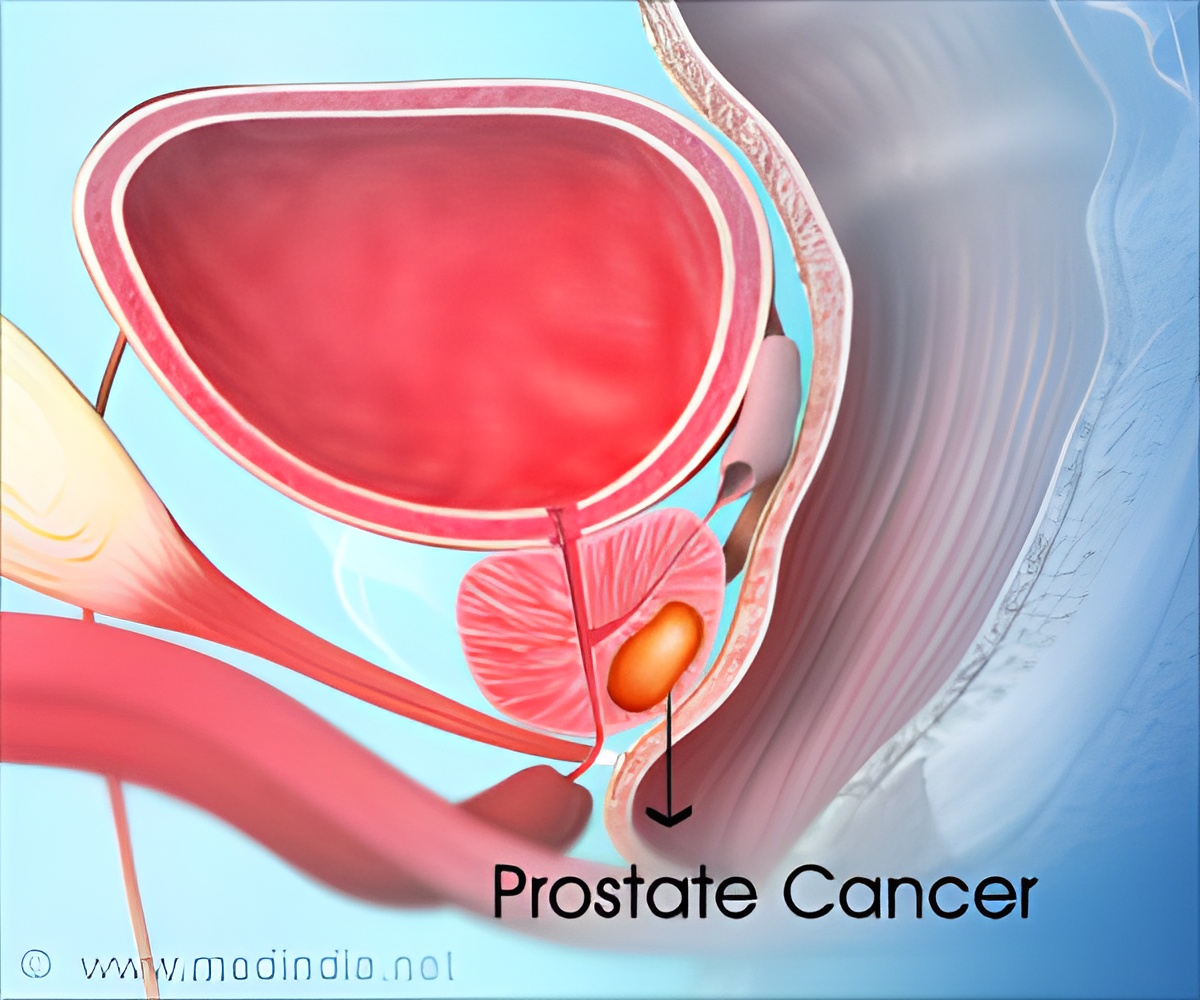A cellular signaling pathway activated by radiation to halt cell division and repair DNA damage also controls cells' sensitivity to androgen, which is needed for cancer cells to grow.

‘Prostate cancer is the second-leading cause of cancer death among men. According to the American Cancer Society’s estimates there will be about 220,800 new cases of prostate cancer in 2015.’





An Unexpected ConnectionCommon treatments for prostate cancer include radiation and androgen ablation, and researchers at the University of Virginia School of Medicine have found an unexpected link between the two.
The researchers determined that a cellular signaling pathway activated by radiation - to halt cell division and allow repair of damage to DNA - also controls cells' sensitivity to androgen, a male hormone prostate cancer cells need for growth. Androgen and androgen sensitivity, in turn, can affect how susceptible prostate cancer cells (and possibly other cancer cells) are to the radiation treatment used to kill them.
"Now we have a novel link between two different standards of care for advanced prostate cancer," said UVA researcher Dan Gioeli, PhD, of the Department of Microbiology, Immunology and Cancer Biology and the UVA Cancer Center. "For locally advanced prostate cancer, radiation therapy is one of the standards of care, and that induces DNA damage, which would activate this pathway. Another standard of care for metastatic prostate cancer is androgen ablation, and that acts to inhibit androgen receptor activity. Now we have a new molecular understanding of how those two different standards of care might be connected."
Better Prostate Cancer Treatment
Advertisement
Major pharmaceutical companies are already developing drugs to inhibit CHK kinases, and Gioeli hopes that this will speed the clinical trial testing that could lead to better prostate cancer treatments. Testing in people might begin in only three to five years, though it may take longer depending on how the work progresses, he said.
Advertisement
Source-Eurekalert










![Prostate Specific Antigen [PSA] Prostate Specific Antigen [PSA]](https://www.medindia.net/images/common/patientinfo/120_100/prostate-specific-antigen.jpg)




